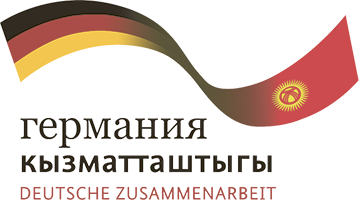Field Visit to Monitor the Agricultural Scheme on Sweet Pepper in Chuy Region
On October 10, 2025, a field visit was conducted in Nizhny Chuy village, Chuy region, as part of the monitoring activities of the agricultural scheme on sweet pepper cultivation.
During the visit, the experts met with farmers participating in the project and conducted surveys to assess their satisfaction with the project’s activities, the results of the current season, and their plans for the next year.
Farmers reported a successful harvest and expressed their gratitude to the project and its partners for providing valuable consultations, quality seeds, and fertilizers. This season, TES Center, through its microfinance organization, supplied farmers with seeds and fertilizers. The most common varieties cultivated were the Moldovan types “Polet” and “Lidia”, as well as the hybrid varieties “McGretta” and “Bugatti.” Farmers also showed a preference for the local variety “Galoshi.”
The average yield in the region reached 30 tons per hectare, which is considered satisfactory. With a market price of 50 KGS per kilogram, farmers can easily cover production costs and generate an average profit of about 1 million KGS per hectare.
Compared to the previous season, when pest infestations (notably the cotton bollworm) were a major issue, this year farmers successfully applied effective pest control methods, resulting in significantly fewer problems.
However, several challenges were identified during the visit:
-
Lack of crop rotation: Most farmers do not follow crop rotation practices, which may negatively affect soil fertility and future yields.
-
Harvest losses: Around 2–3 tons per hectare of produce were left unharvested due to various reasons, causing losses equivalent to approximately USD 1,000 per hectare.
-
Market preferences: Despite the availability of hybrid and imported varieties, local varieties remain in higher demand. TES Center is therefore recommended to conduct an additional economic analysis to assess the profitability of different varieties and hybrids.
The findings of the field visit will help the project and TES Center to refine their future support measures and further enhance the efficiency of agricultural schemes in the region.





